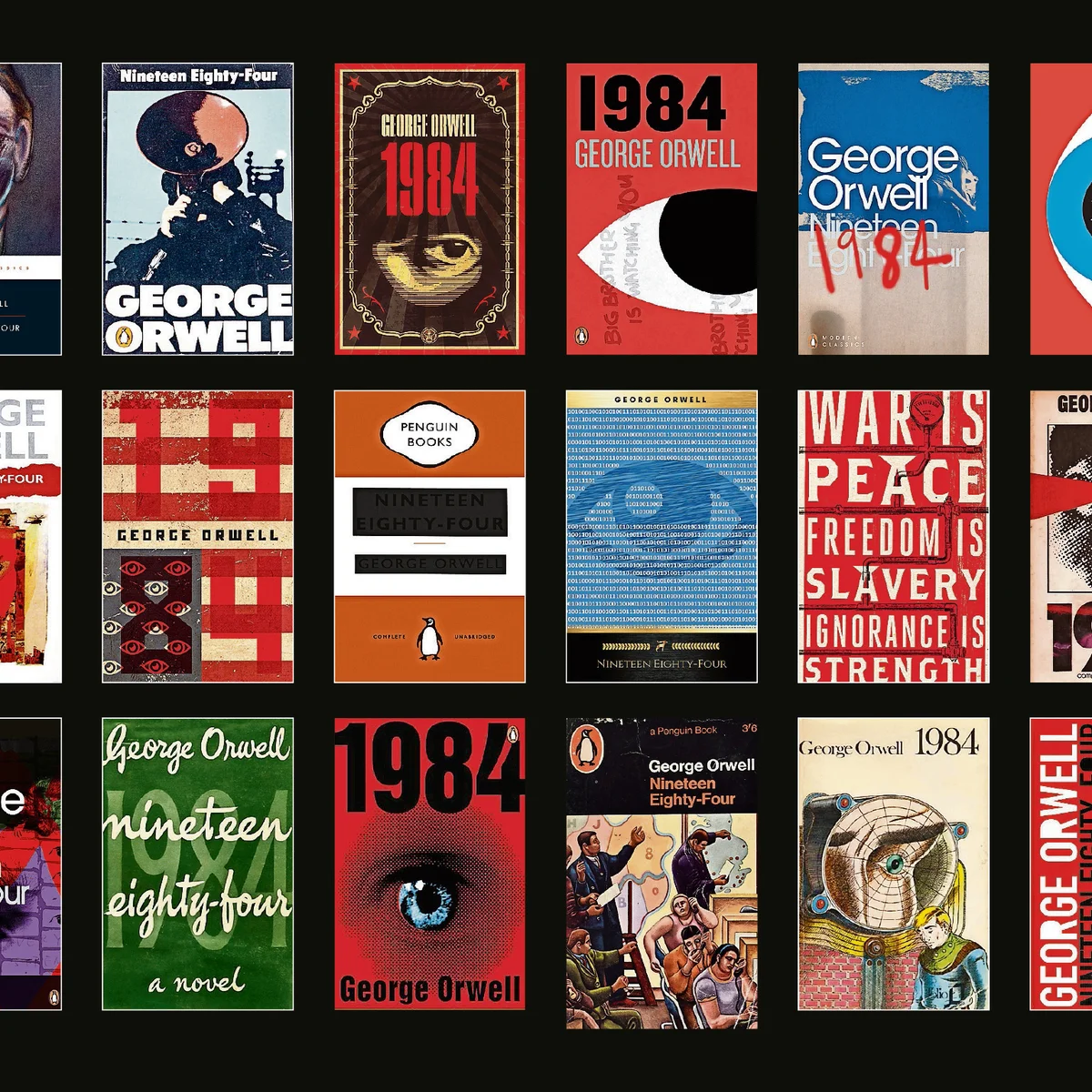George Orwell’s influential novels, the 1945 political allegory Animal Farm and the bleak dystopian vision of Nineteen Eighty-Four (1949), have been published for the first time in the Welsh language. This offers a powerful new perspective on these seminal works with timeless relevance. The George Orwell Welsh translation highlights Newspeak’s cultural relevance in today’s society.
The publisher, Melin Bapur, emphasizes that these translations, titled Foel yr Anifeiliaid and Mil Naw Wyth Deg Pedwar, feel particularly pertinent now. This is given the global landscape dominated by concepts like ‘alternative facts,’ pervasive AI, and misinformation. By translating these critiques of totalitarianism and propaganda into a minority language, the project highlights the ongoing importance of linguistic diversity. It also emphasizes the role of literature in safeguarding critical thought.
The availability of beloved classics in Welsh also serves the vital function of attracting new readers to the language and its literature. It provides a familiar and accessible entry point to a new linguistic world.
Redefining Allegory and Landscape in Welsh
The translator of Animal Farm, Anna Gruffydd, made a conscious decision to situate the tale in the landscape of north-west Wales. This adaptation transformed the allegory into Foel yr Anifeiliaid. It involved giving Orwell’s iconic characters—such as Napoleon, Old Major, and Snowball—new, authentic Welsh names. These names resonate with the local culture and setting. Gruffydd deliberately saw no value in preserving the original names. She argued that the book is an allegory that could occur on “just any farm anywhere.”
The Welsh title itself, Foel yr Anifeiliaid, was chosen for its cultural balance and pleasing alliteration. Foel, meaning “bare hill,” is a word frequently incorporated into Welsh farm names rather than a direct, literal translation of the English word ‘farm’. Gruffydd noted that Orwell’s simple and direct English prose was well-suited to the Welsh language. She described it as “straightforward” and “concrete,” despite the perennial challenges faced by any translator. These challenges include dealing with word play or highly idiomatic phrases.
This deep localization of the text underscores the powerful connection between language, culture, and place. It demonstrates how translation can breathe new cultural life into universal narratives. Literary translators often aim to promote the best literature of Wales abroad. They note the complexity of carrying cultural nuances between languages, as explored by the Wales Literature Exchange.
The Linguistic Challenge of Newspeak
The translation of Nineteen Eighty-Four posed a distinct and formidable linguistic hurdle: rendering Newspeak into Welsh. Adam Pearce, who founded Melin Bapur and undertook the translation of 1984, agreed that Orwell’s plain, straightforward English generally lends itself well to literary Welsh. However, creating a Welsh equivalent of Newspeak was a “real challenge.” Newspeak, as Orwell meticulously detailed in the novel’s appendix, was engineered not to expand but to diminish the range of thought by drastically cutting down the vocabulary. It eliminated ambiguity, making heretical thoughts literally ‘unthinkable.’
This goal was achieved by stripping words of their secondary meanings and forcing the grammar into extreme regularity. This allowed almost any word to function as a verb, noun, adjective, or adverb. Given that Welsh grammar is fundamentally different to English, adapting these principles of Newspeak and translating Orwell’s accompanying essay on the topic was by far the hardest and most intricate part of the book’s creation.
The complexity highlights the foundational truth that language is inherently tied to our understanding of reality. Attempts to restrict it are a direct assault on the freedom of thought, as detailed in the analysis of Orwell’s Appendix: The Principles of Newspeak.
Filling a Void in Welsh Literary Culture
The successful publication of these major translations, alongside previous successes like Pearce’s translation of Tolkien’s The Hobbit (Yr Hobyd), serves to powerfully counter the notion that there is no market for translations into Welsh from English. This counters the idea that people “can just read the originals.” Melin Bapur operates independently without receiving public subsidy or arts grants typically afforded to other Welsh language publishers. Strong sales have proven that a substantial appetite exists to read these canonical works in Welsh.
This appetite is driven by various factors that fundamentally distinguish reading a translation from reading an original. For native speakers, a translation offers a new perspective and a unique voice. This provides a culturally enriched experience distinct from the English text.
Furthermore, the availability of a known and beloved work serves as a great way in for Welsh language learners. It also benefits those whose Welsh may be imperfect, allowing them to use a familiar narrative to practice and improve their language skills. This benefit is widely recognized in language acquisition studies. Ultimately, by making these classics accessible in Welsh, the publisher actively contributes to the visibility and vibrancy of Welsh-language literature. It encourages its sustained growth, ensuring that the literary landscape in Wales remains diverse and dynamic.



